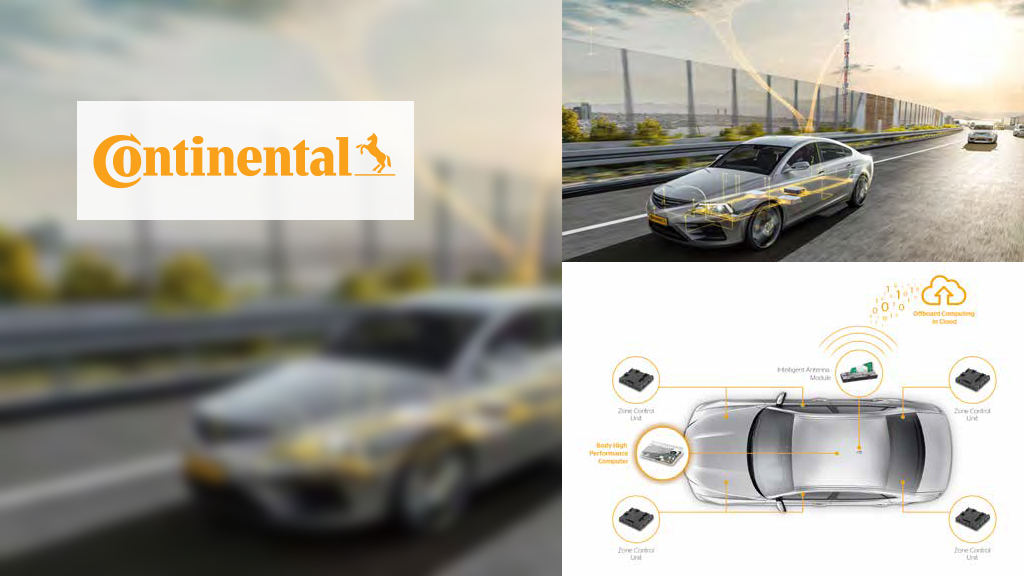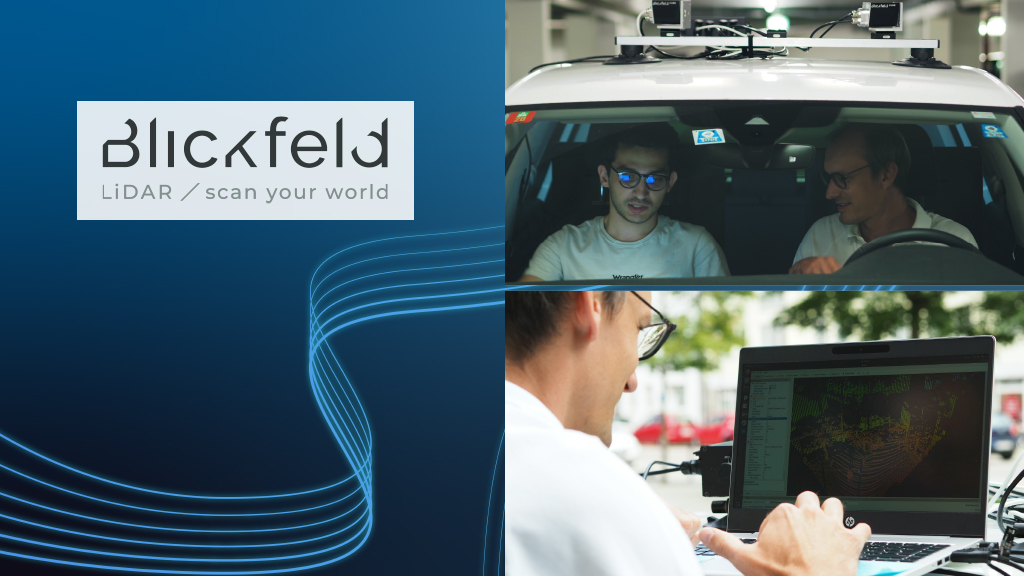Body High-Performance Computer
The vehicle becomes a mobile data centre
Many functions in modern cars, such as the airbag, air conditioning system or mobile network connection, require their own electronic control unit. As a result, depending on equipment levels, one vehicle may have over 100 electronic control units on board. A modern mid-range car also contains over two kilometers of electronic wiring, which supplies the various systems with energy and allows them to communicate with each other.
After all, while voice- or touch-operated displays may be attractive and convenient, they require lots of computing power – especially as they become larger, smarter, and snazzier. In the future, autonomous driving in particular will generate gigantic volumes of data, with complexity also increasing tremendously as vehicles become more and more connected.
Continental saw this trend coming and is responding to it with its intelligent high-performance computers. Each of these computers occupies a circuit board roughly the size of an A4 sheet of paper, but its data transmission speed is many times faster than standard wiring.
Customers stand to gain almost infinite flexibility. Users can easily install the apps and services of their choice in the car, just as they would on a smartphone. Security loopholes can be remotely patched, and soon it will even be possible to install new driving functions without the car having to visit the workshop – all done wirelessly via the mobile communications network or Wi-Fi.
This means a car stays up to date even years after it was purchased. High-performance computers also make costly product recalls due to software errors a thing of the past. Continental developed this solution in collaboration with its subsidiary Elektrobit.
 Back
Back


